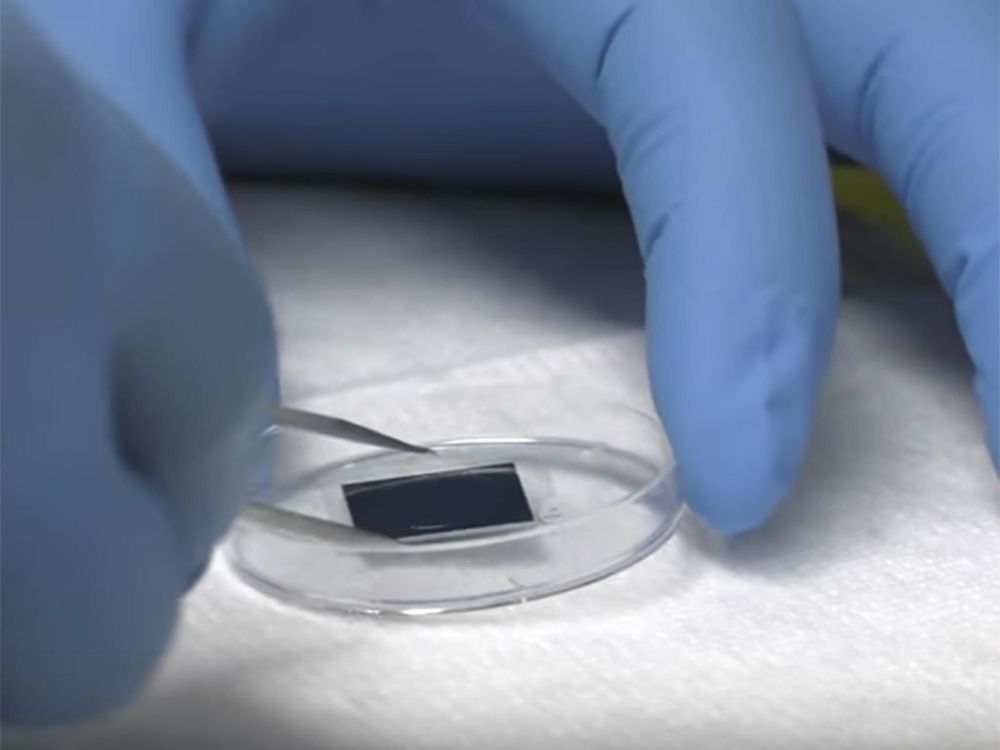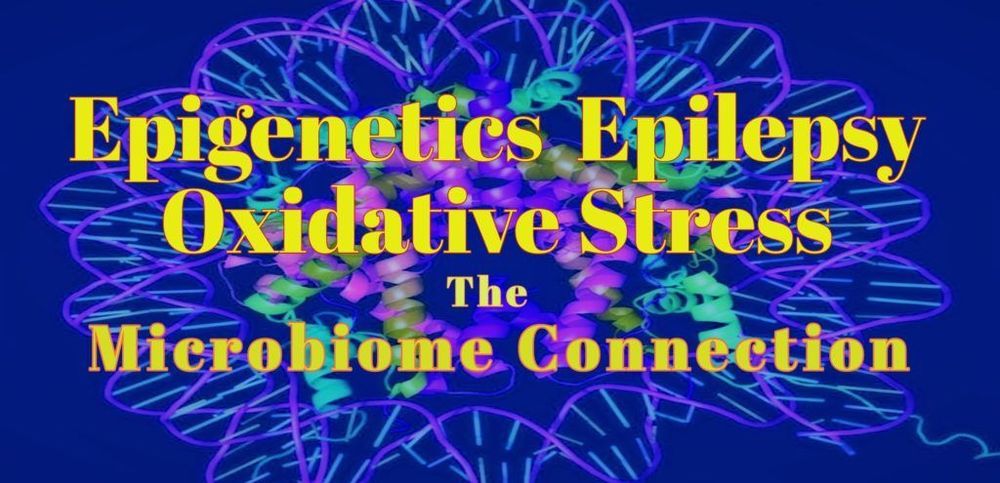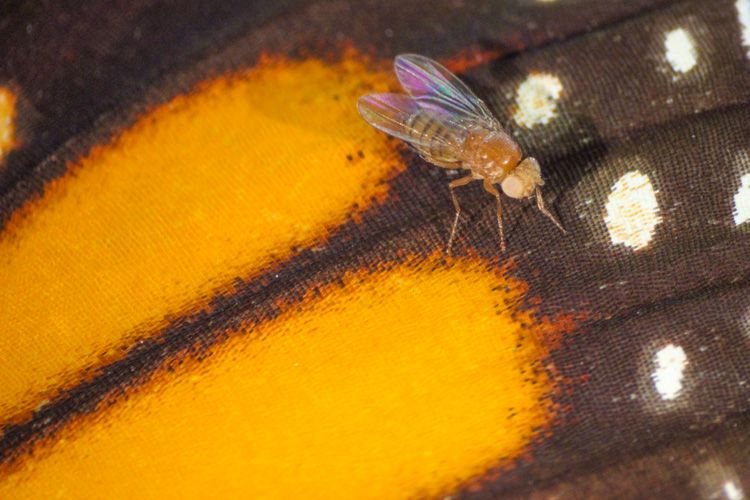Oct 7, 2019
New research furthers understanding about what shapes human gut microbiome
Posted by Xavier Rosseel in categories: biological, genetics, health
EVANSTON, Ill. — A new Northwestern University study finds that despite human’s close genetic relationship to apes, the human gut microbiome is more similar to that of Old World monkeys like baboons than to that of apes like chimpanzees.
These results suggest that human ecology has had a stronger impact in shaping the human gut microbiome than genetic relationships. The results also suggest the human gut microbiome may have unique characteristics compared to other primates, including increased flexibility.
“Understanding what factors shaped the human gut microbiome over evolutionary time can help us understand how gut microbes may have influenced adaptation and evolution in our ancestors and how they interact with our biology and health today,” said Katherine Amato, lead author of the study and assistant professor of anthropology in the Weinberg College of Arts and Sciences at Northwestern.
















